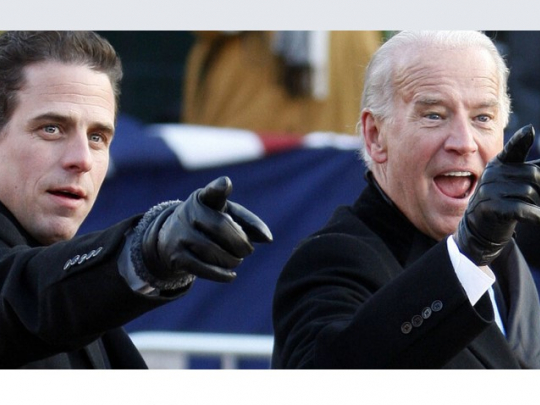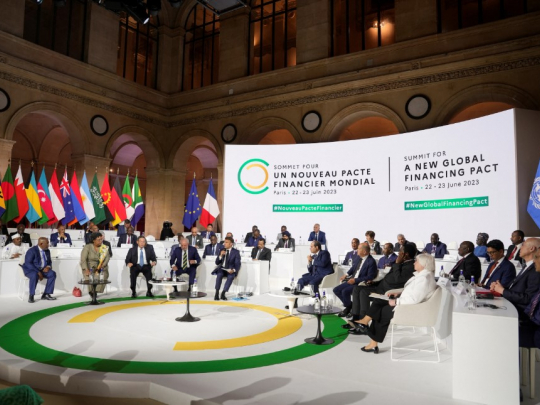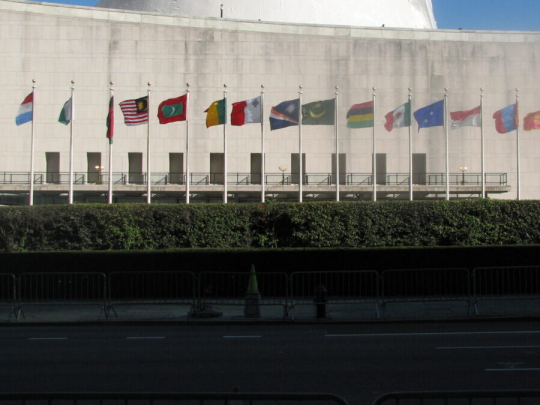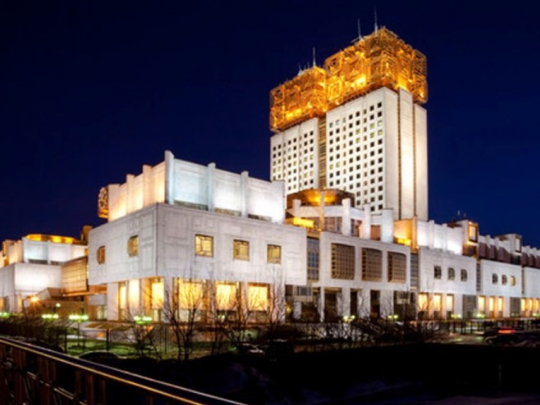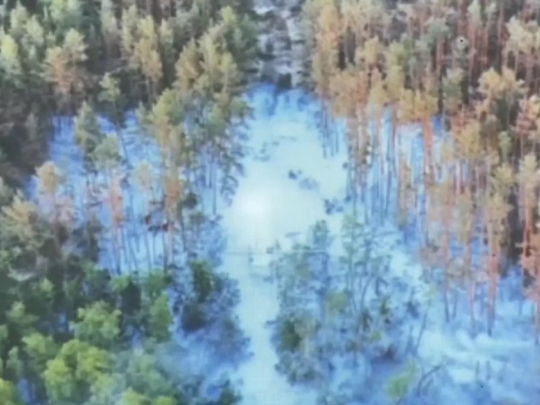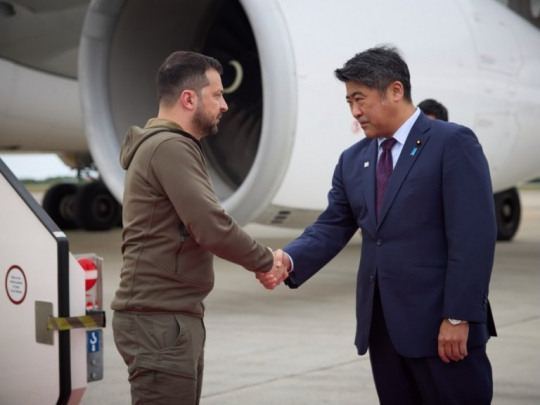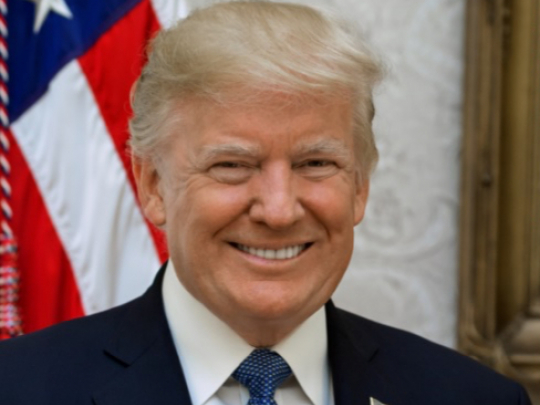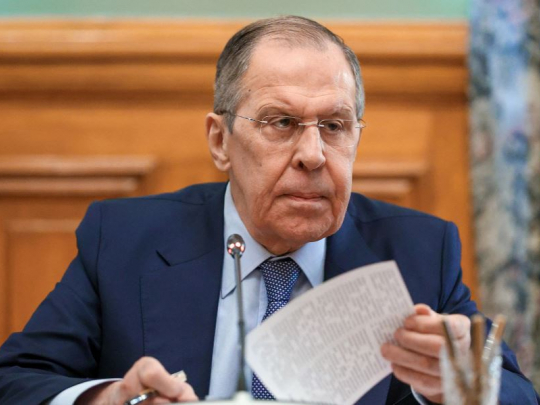Sheikh Rohani stirs up trouble in the Middle East
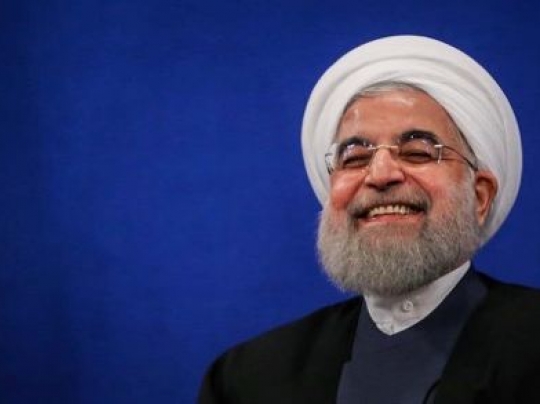
If Joe Biden is inducted as President of the United States, he could support the plans of the Iranian and Turkish presidents. He could support the creation of an Iranian regional empire in the Levant and a Turkish regional empire in the Caucasus, both at the expense of Russia. Thierry Meyssan examines the changes that have taken place in Iran.
very strong antagonism opposes the government of Sheikh Hassan Rohani to the Revolutionary Guards. The latter are not placed under his orders, but depend directly on the Supreme Guide, Ayatollah Ali Khamenei.
President Rohani’s project: capitalism and regional imperialism
Sheikh Rohani is a member of the Shiite clergy, like Ayatollah Khamenei, but not the Revolutionary Guards, who are soldiers.
The Guardians of the Revolution are followers of Imam Rouhollah Khomeiny. They intend to export his anti-imperialist revolution and liberate the world from the Anglo-Saxon empire (USA + UK + Israel) from which their country has suffered so much. They have no connection with the regular Iranian army, which depends on the President of the Islamic Republic and intends only to defend the country.
Sheikh Rohani was a member of parliament during the long war that Iraq declared on behalf of the United States. He put pressure on Washington to obtain the release of US hostages in Lebanon in exchange for US weapons. He was later contacted by Israel to powerfully arm his country. It was he who brought his mentor, the Speaker of Parliament, Hodjatoleslam Akbar Hashemi Rafsanjani, into the game. Together, they organised the Iran-Contra arms traffic which brought misfortune to the Nicaraguan revolutionaries and fortune to the already very rich Rafsanjani.
Much later, he was chosen by Ayatollah Khamenei to succeed President Ahmadinejad in a new secret negotiation with the United States in Oman. During this election campaign, he presented himself as a supporter of nascent financial capitalism and declared that Iran should stop funding foreign revolutionaries, even if they were Shiite like the Lebanese Hezbollah. In doing so, he was giving pledges to the US and Israel.
Once elected, he immediately negotiated with Washington, in accordance with the instructions of the guide, Ayatollah Khamenei. His ambition was to regain the role of "regional policeman" that the Anglo-Saxon empire had attributed to Shah Reza Pahlevi (then to Saddam Hussein’s Iraq, then again to Saudi Arabia). As this objective is in total contradiction with the legacy of Imam Khomeini, the two states presented these negotiations as aiming to put an end to the Iranian nuclear programme. They involved the other permanent members of the Security Council and Germany in meetings in Geneva which soon led to a nuclear agreement (2013). China, France, Germany, Russia, the United Kingdom and Russia were not surprised because they all knew that Iran had abandoned all research into weapons of mass destruction since 1988. A year’s break was then used to continue bilateral negotiations between Tehran and Washington. It was during this period that Hassan Rohani discreetly withdrew his ambassador and credits from Syria. Only the Guardians of the Revolution remained there in the face of NATO and the jihadists. Finally, the agreement that had been negotiated with the 5+1 was signed in public, on July 14, 2015, in Vienna.
In passing, Sheikh Rohani negotiated an agreement with Austria to export Iranian gas to Europe to the detriment of Russia. But this agreement could never be concretised.
It was only during his second presidential election campaign, in 2017, that Hassan Rohani revealed his project: to re-establish the Savafid empire. He still acted cautiously since he had it revealed by a publication of his think-tank, but continued to express himself using the rhetoric of Imam Khomeini. The Safavid empire was built around the Shiite religion. Greater Iran" would include Lebanon, Syria, Iraq, Iran and Azerbaijan, under the authority of the leader of the Revolution.
The consequences of President Rohani’s project
This text was immediately translated into Arabic by Anis Naccache. It shook up the wider Middle East. Indeed, while Azerbaijan is almost unanimously Shiite, the other designated states are not.
In Lebanon, Hezbollah has been deeply divided between its Secretary General, Sayyed Hassan Nasrallah, who defended a Lebanese nationalist line, and his deputy, Sheikh Naïm Qassem, who on the contrary loudly applauded Sheikh Rohani.
In Syria, where the Shiites are in the minority, President Bashar el-Assad (himself Shiite, but profoundly secular) held back his anger and pretended to ignore everything.
In Iraq, where the Shiites are in the majority, but initially nationalists, most of them - including Moqtada el-Sadr - have turned to Sunni Saudi Arabia.
In Iran, General Qassem Soleimani of the Revolutionary Guards became the main rival of President Rohani.
In Azerbaijan, a country which is both Shiite and Turkish-speaking, the ruling class turned to Turkey, with which it finally launched the war against Armenia.
It was in this context that President Donald Trump broke the 5+1 agreement (JCPoA) on nuclear power. Contrary to the West European reading of events, it was not a question for him of destroying the "peaceful" work of his predecessor, President Barack Obama, but of opposing the regional reorganisation implied by the Rohani project: the Levant for Iran and the Caucasus for Turkey. The White House’s only criterion was to prevent new wars requiring the deployment of US troops.
The all-too-visible gap between the lifestyle of the families of the Rohani government members and that of the population caused huge riots at the end of 2017. Former President Ahmadinejad became involved in these riots against both him and now against the leader as well. The repression was terrible. There were a large number of deaths, perhaps a thousand, and former members of the Ahmadinejad cabinet were tried in secret and sentenced to heavy prison terms for unknown reasons.
Wanting to show that Washington would no longer play Sunni against Shiite or Arab against Persian, President Trump ordered the successive assassinations of the two main military leaders of each side: the Sunni Caliph Abu Bakr al-Baghdadi of Daesh and the Shiite General Qassem Soleimani of the Al-Quds Force.
In doing so, he demonstrated that the United States is still the sole master of the region. He unwittingly favoured Sheikh Rohani’s camp in Iran. The latter spared no effort to denounce "the Great Satan" and accused the head of the Iraqi secret service, Mustafa al-Kazimi, of being an accomplice of the Americans. However, when the latter was appointed Prime Minister in Baghdad a few weeks later, President Rohani was one of the first to congratulate him and congratulate himself.
Sheikh Rohani’s Israeli friends then had General Mohsen Fakhrizadeh, a nuclear scientist and companion of General Soleimani, assassinated. The Khomeinist tendency was decapitated.
President Rohani and Israel
President Rohani is ready to abandon Azerbaijan to Turkey if it is given the Levant. He can count on the help of Israel which, contrary to a widespread idea in the West, far from being an enemy, is a long-standing partner.
It is he who was the first Israeli contact in the Iran-Contra affair, as we have already noted.
It is also he who manages half of the Eilat-Askhelon pipeline and its two terminals, indispensable to the Israeli economy. At the end of 2017, the Foreign Affairs and Defence Committee of the Knesset repressed any publication on this subject with a sentence of 15 years in prison.
He is still the one who periodically receives Benjamin Netanyahu’s brother, Iddo, a discreet playwright who divides his life between the United States, Israel and Iran, three countries where he has permanent residence.
Sheikh Rohani now hopes that he will be able to carry out his project if Joe Biden is inducted as President of the United States. It will not be necessary to re-establish the bogus nuclear agreement, but just to let Tehran once again become the "policeman of the region".
- Source : Thierry Meyssan




